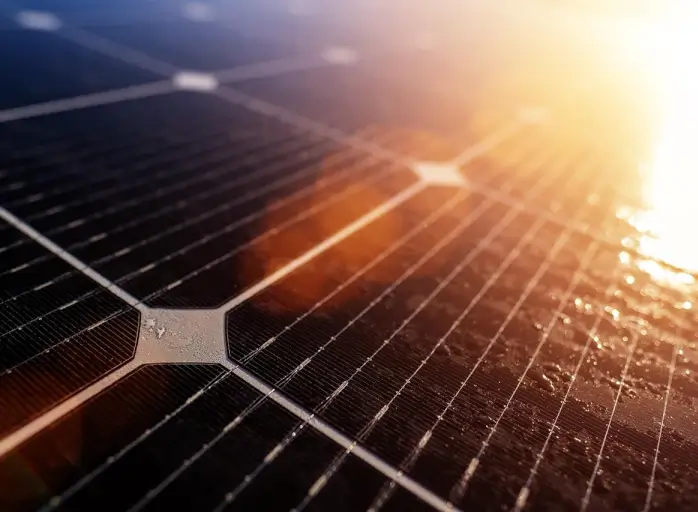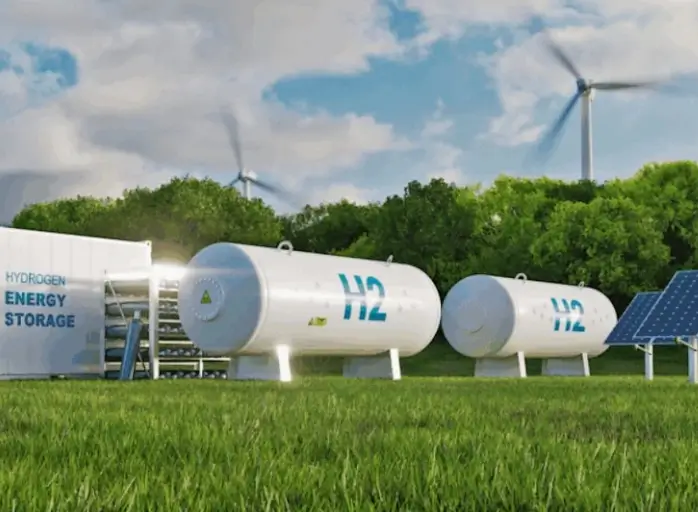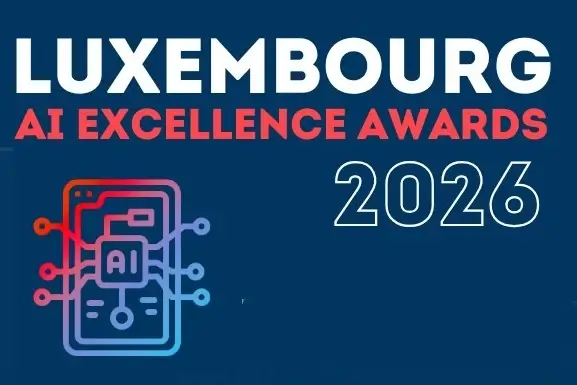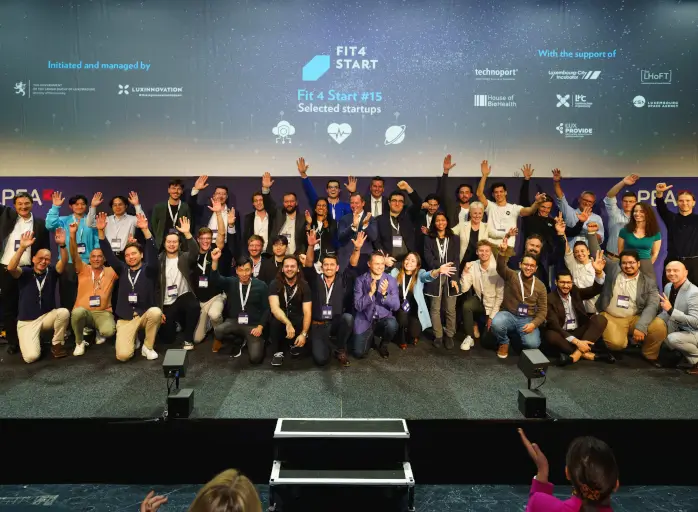
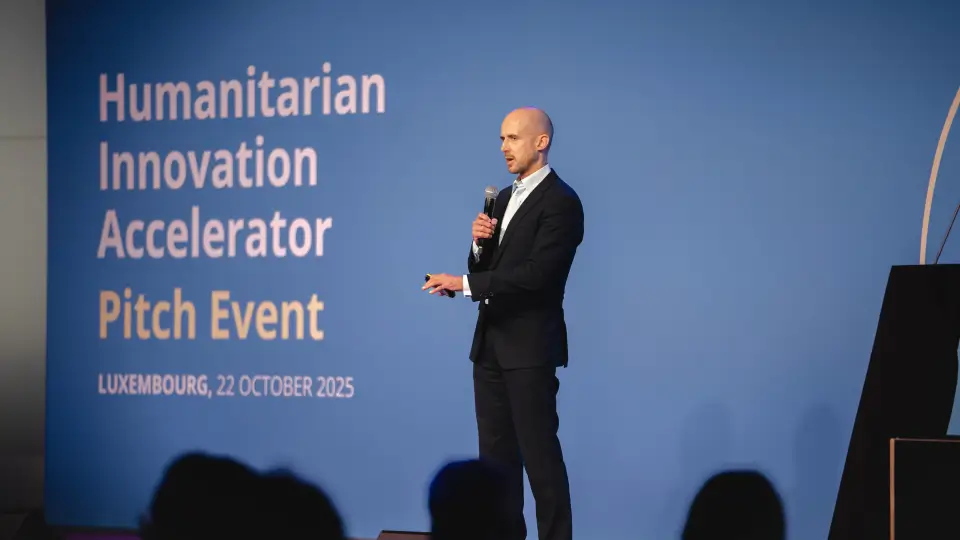
Tech for good: Helping startups scale impact
The Humanitarian Innovation Accelerator (HIA) supports startups with funding, coaching, visibility and global networks.
 Andrea Kuhfuss
Andrea Kuhfuss
Luxembourg is positioning itself as a launchpad for humanitarian innovation. At the Luxembourg Venture Days, leaders and innovators highlighted how the Humanitarian Innovation Accelerator, co-led by the UN World Food Programme (WFP) and the government of Luxembourg, empowers early-stage tech-for-good startups to scale their impact and transform how communities prepare, respond and recover from crises.
Responsible innovation can save lives
Luxembourg’s tradition of bold innovation was highlighted by Xavier Bettel, Deputy Prime Minister and Minister for Foreign Affairs and Foreign Trade. “Innovation can bring hope, and it can also be a game changer,” he said. He recalled the creation of emergency.lu after the Haiti earthquake, a mobile satellite solution that became a global reference made in Luxembourg.
When it comes to innovation, we should not be afraid to show courage and take bold steps.” Xavier Bettel
Jagan Chapagain, Secretary General of the International Federation of Red Cross and Red Crescent Societies, told a true story how drones helped save a child during floods in Kenya, showing how innovation can reach people faster and help communities recover stronger.
He emphasised that innovation must begin and end with people, stressing the importance of locally designed solutions and responsible use of AI. With disasters increasing every year, he pointed to the need for early warning tools and new funding models to prepare communities ahead of time.
Mobilising AI to support communities in crisis
Representatives from the Ministry of Foreign and European Affairs, the Luxembourg Institute of Science and Technology (LIST), the European Centre for Nuclear Research (CERN) and the WFP explored how AI can make humanitarian action more effective in a panel discussion.
They highlighted applications such as crop yield forecasts, rapid urban damage mapping and extreme weather prediction to minimise human suffering. The discussion also underlined the value of unconventional partnerships built on trust, damage assessment and identity management.
How HIA supports startups
HIA provides startups with hands-on support, funding, visibility and access to global networks. It focuses on addressing challenge areas like bridging information gaps, enabling financial inclusion, strengthening essential infrastructure and enhancing humanitarian response through data and technology.
Since its launch in 2023, the ventures supported by HIA have reached 260,000 people across six countries, with innovations adopted by 15 humanitarian organisations and three governments.
The current cohort illustrates the diversity of solutions:
- Tarjimly connects refugees and aid workers with live interpreters.
- Wayru delivers blockchain-based WiFi to underserved communities.
- AAvance offers a mobile-first digital wallet for unbanked populations in Latin America.
- Exuus provides AI-powered credit scoring for refugees and unbanked communities.
- CLARA Water ensures safe drinking water through solar-powered devices.
- CRISTA strengthens disaster response with real-time community data and vulnerability maps.
- Kobo AI simplifies humanitarian data collection, as “Good data saves lives.”
- SafePro accelerates humanitarian demining with drone-powered AI.
Luxembourg has been a pioneer in connecting technology, data and humanitarian aid. By co-leading HIA, it demonstrates how strategic investments and partnerships can help startups deliver scalable solutions that make a tangible difference for people and the planet.


